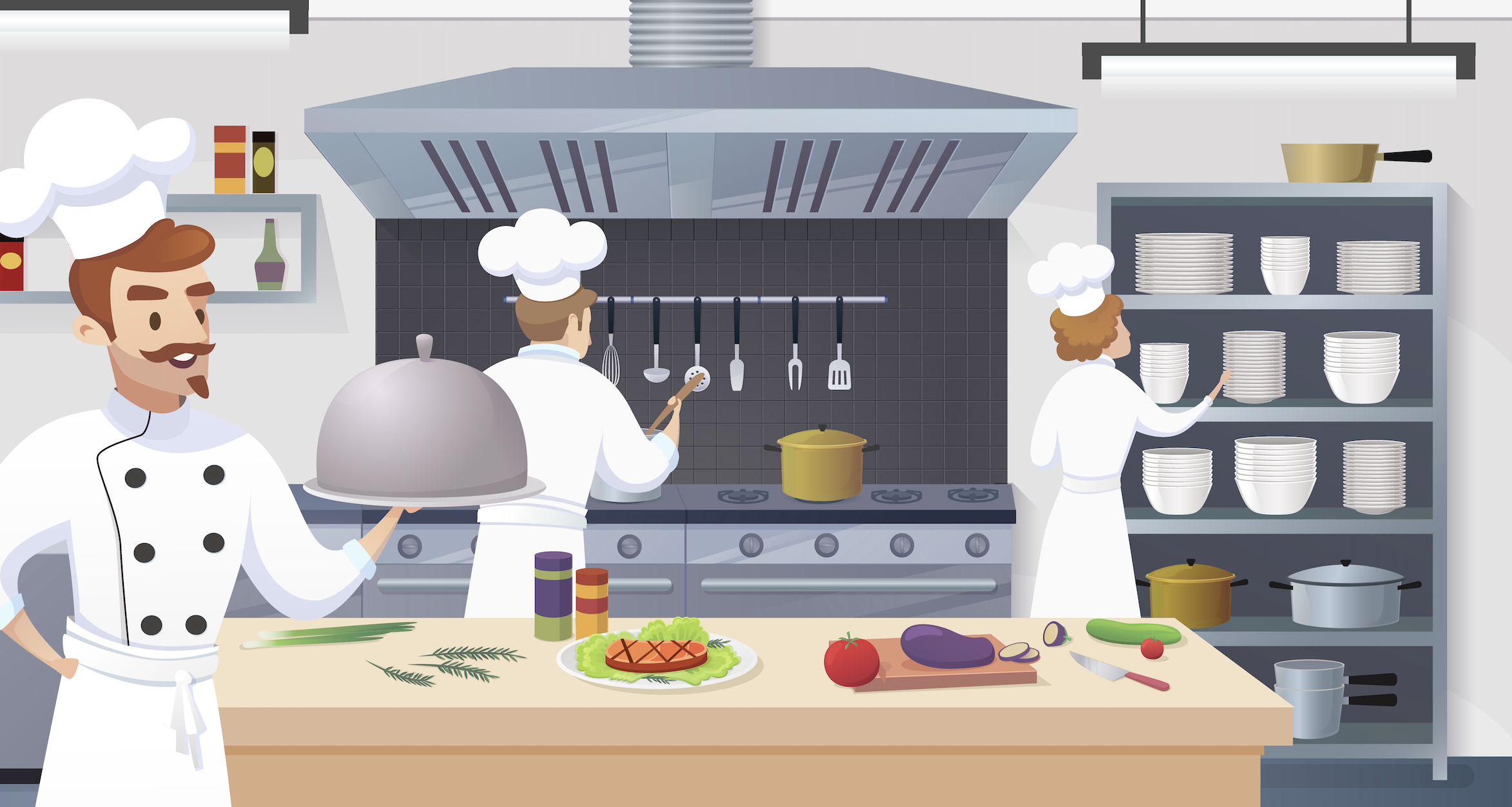How To Calculate Restaurant Profit Margins and What Should Yours Be?– Complete Guide 2021
Tips, tools and tricks to calculate what your restaurant’s profit margins are

Contents
What do Restaurants Make on Average?
Restaurant profit margins vary greatly depending on the type of restaurant business that is being run. There really isn’t a single profit margin number that applies to every restaurant out there, but there are general estimates and ranges based on the different types of restaurants out there.

Table Service Restaurants 3%-5%
In general, table service restaurants earn the lowest profit margins of all restaurant types. The reason table service restaurants typically earn less is because they have to run a restaurant with plenty of overheads like wait staff, kitchen staff, a host, management team and even bartenders. This is all without taking into consideration that they have to pay for a larger brick and mortar location. However, if alcohol is served, table service profit margins can increase.

Fast Food Restaurants 6%-9%
Fast food restaurants are able to rake in higher profit margins because they require fewer members of staff to operate. Ingredients are also cheaper, driving down the price of a meal. This allows a larger portion with varying budgets of people to eat at fast food restaurants. There’s also the fact that fast food joints see huge turnover since everything about the experience is designed to be fast and convenient.

Cloud Kitchens and Catering 7%-8%
Given that caterers and cloud kitchens operate with very few staff required and do not own brick and mortar stores, they save a lot of money in terms of overhead costs. Even though the cost of their ingredients can be the same as a table service restaurant, the simple fact that there is minimal rent, low staff costs, no renovation costs, close to zero furnishing costs, no cost for owning parking spaces, etc, helps to drastically increase profit margins.

Food Trucks 6%-9%
Food trucks can operate with the speed of a fast food restaurant and enjoy higher turnover while keeping ingredients higher quality, if they wish. Depending on the style of food and what image the food truck is aiming to achieve, profit margins can fluctuate. However, due to low overheads, no rent and added mobility, food trucks generally enjoy decent profit margins compared to other types of restaurants.

Collecting the Data
Before you can calculate your restaurant’s profit margins, you need to have a few types of data readily available at your disposal. Having a POS system that keeps track of your sales data is a must as doing so manually will likely lead to errors and incorrect profit margin calculations. The main data types you’ll need are: cost of goods sold, total revenue, sales revenue, expenses, gains and losses.

Calculating Gross Profit
Gross profit is relatively easy to calculate. By subtracting the total cost of goods sold from total revenue (food, beverage merchandise, etc) you will have your gross profit. Your restaurant should aim to have a gross profit of around 70%.
To calculate your gross profit as a percentage, you subtract the total cost of goods sold from overall revenue. This figure should be divided again by revenue and then multiplied by 100.
Gross Profit = (revenue - cost of goods sold)
Gross Profit Percentage =gross profit / revenue
Then multiply this amount by 100.
Calculating Net Profit
Your net profit is how much money your business has left over after calculating gross profit and then subtracting expenses and adding gains.
Net Profit = (revenue +gains) – (losses+ expenses)
Net Profit percentage = net profit / revenue
Then multiply this amount by 100